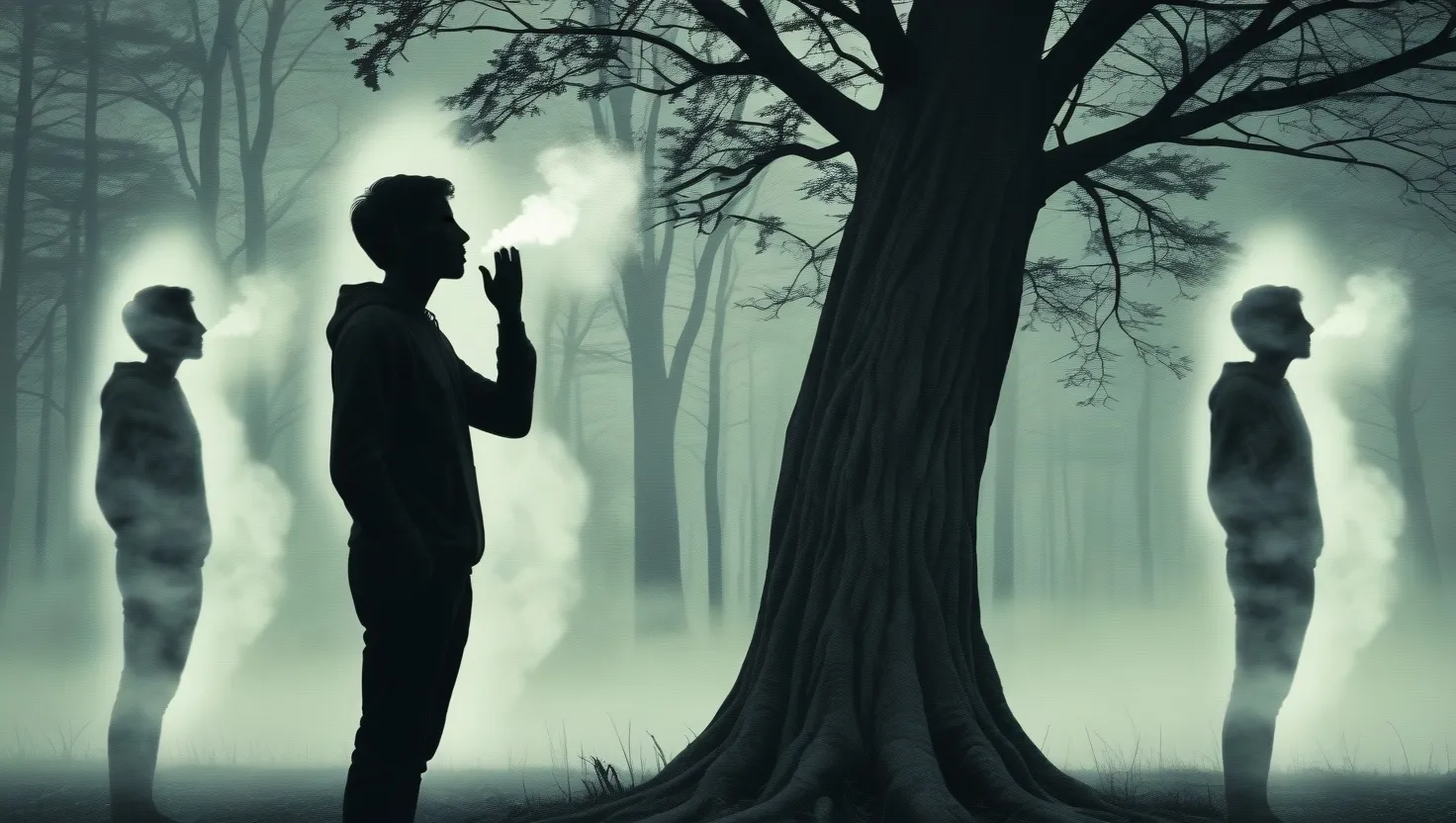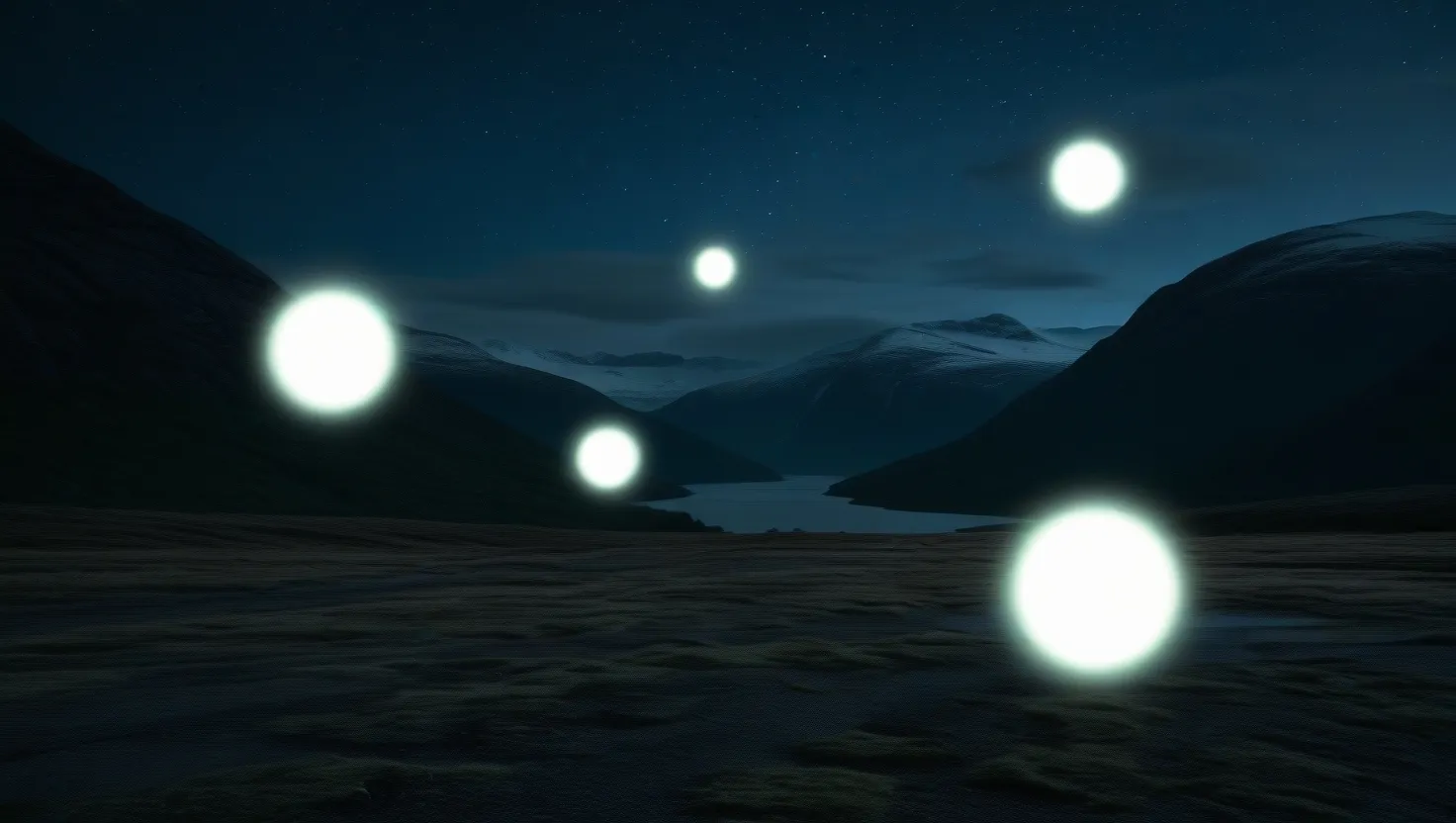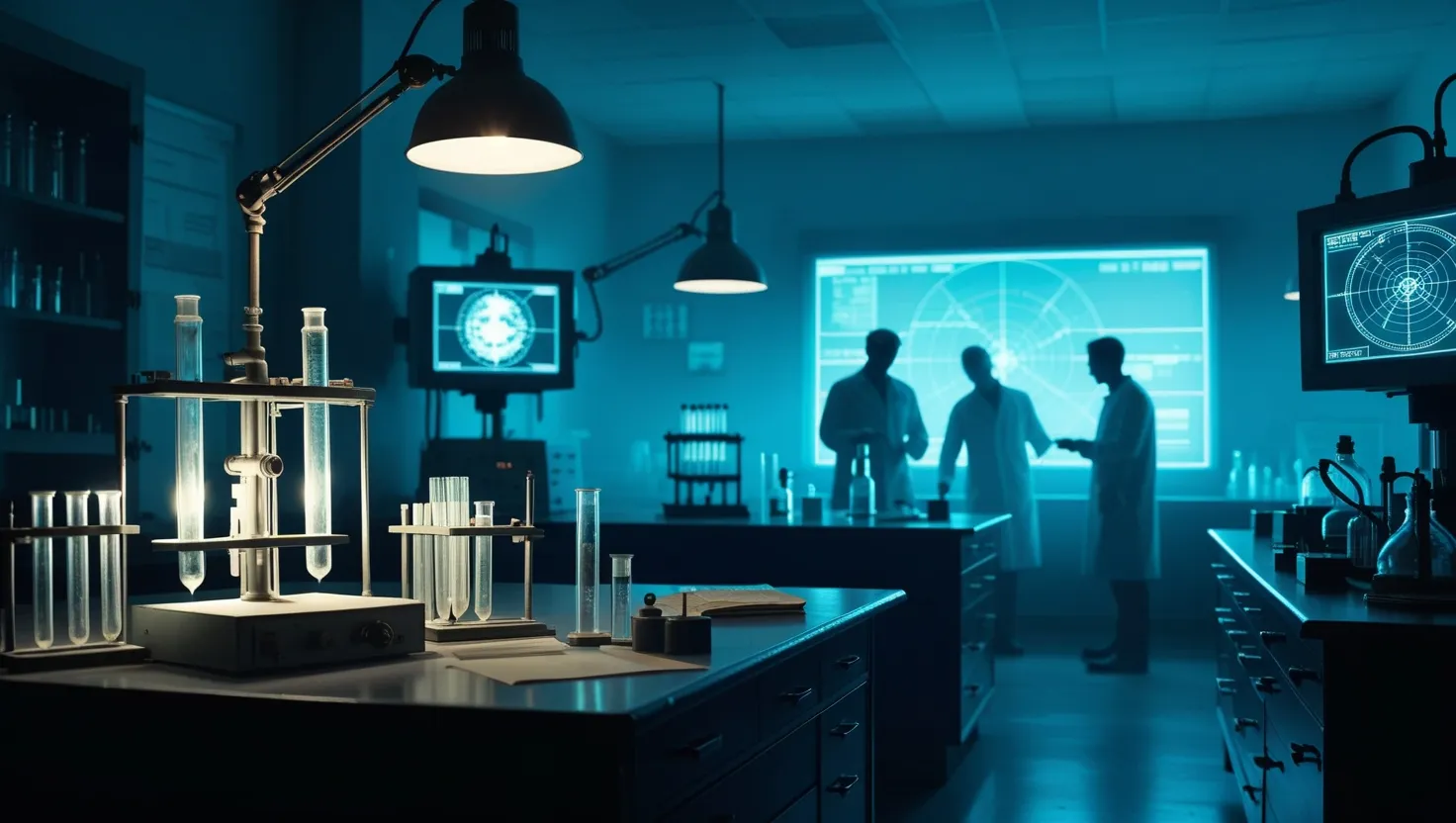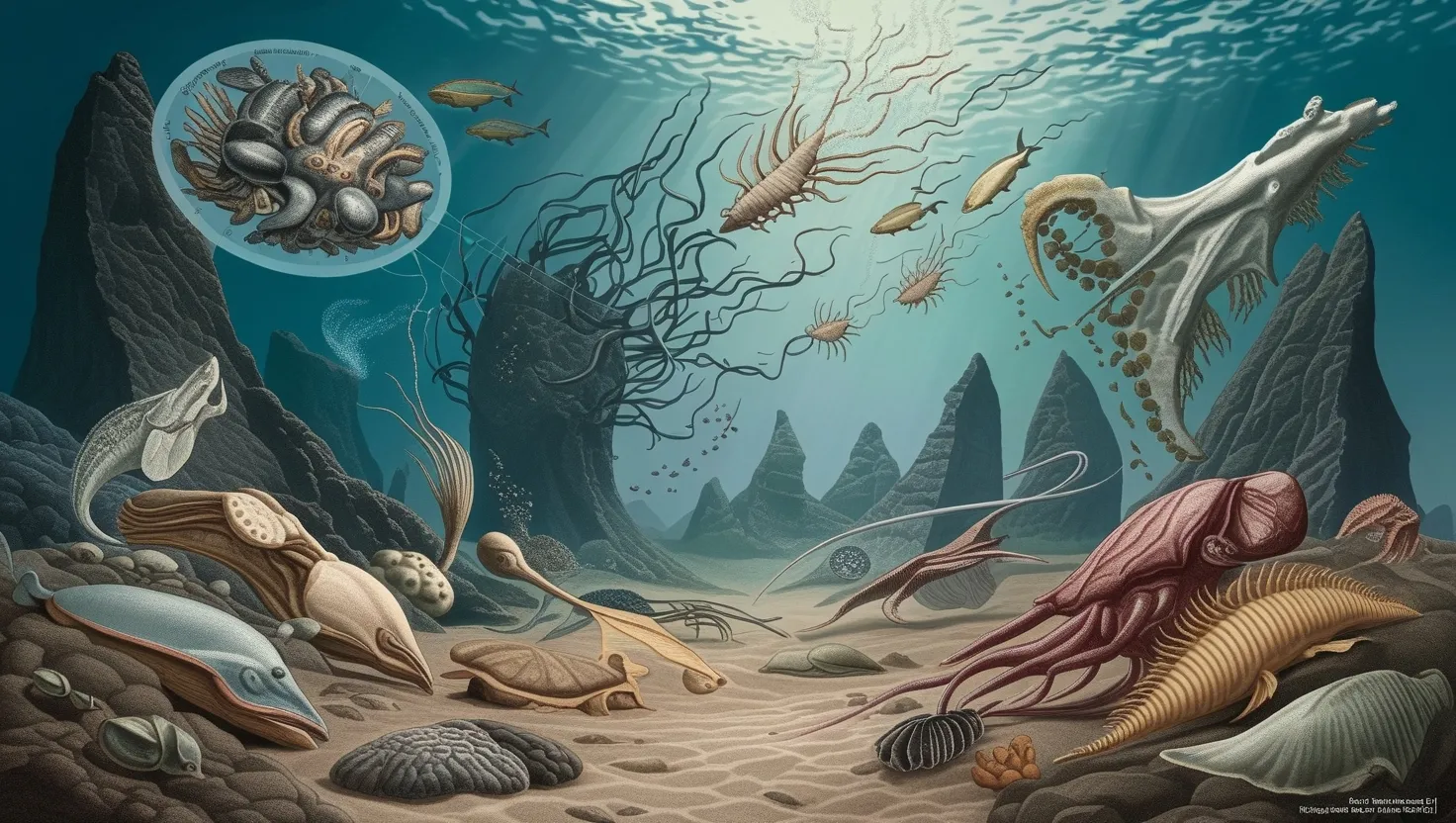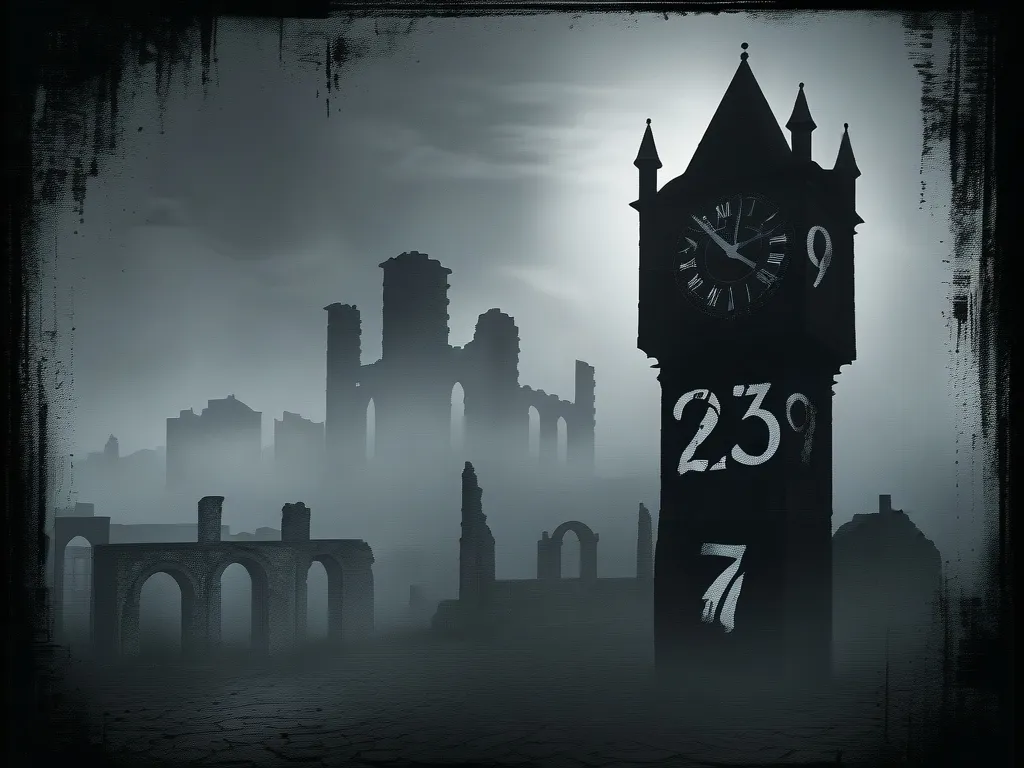When you take a deep breath and inhale the scent of a freshly baked cookie or the aroma of a blooming garden, you might be experiencing more than just a simple chemical reaction. The sense of smell, often overlooked as one of our most primal senses, holds secrets that could challenge our understanding of reality itself. A fascinating theory, though still speculative, suggests that certain scents could act as quantum triggers, momentarily connecting our consciousness to parallel realities or alternate timelines.
To delve into this idea, we need to start with the basics of how we smell. Traditional theories propose that our sense of smell is based on the shape of molecules. When a molecule binds to an olfactory receptor in our nose, it triggers a signal that our brain interprets as a specific smell. However, this shape-based theory has its limitations. For instance, it can’t fully explain why we can detect new, unfamiliar smells or why some molecules with the same shape but different vibrational frequencies can smell distinctly different.
Enter the quantum model of olfaction, proposed by Luca Turin in the 1990s. This theory suggests that olfactory receptors detect not the shape of a molecule, but its vibrational frequencies. According to Turin, these receptors act like spectroscopes, identifying specific vibrations within a molecule. This idea is supported by the concept of inelastic electron tunnelling spectroscopy (IETS), which involves the transfer of electrons through a molecule, a process that is highly sensitive to the vibrational states of the molecule[1][3].
But how does this quantum mechanism relate to the idea of parallel realities or alternate timelines? The connection lies in the realm of quantum mechanics, where particles can exist in multiple states simultaneously and where the act of observation can influence reality. If our sense of smell operates on a quantum level, it’s conceivable that certain smells could trigger quantum entanglements or superpositions that briefly connect our consciousness to other realities.
Imagine walking through a forest and catching the scent of a specific tree. This smell might evoke a vivid memory from your childhood, a memory so real it feels like you’re reliving it. What if this isn’t just a trick of the brain but an actual glimpse into another version of yourself, one living in a parallel universe? This idea might sound like science fiction, but it’s rooted in the strange and unexplored territories of quantum physics.
One of the most intriguing aspects of this theory is the concept of quantum coherence and its potential role in biological systems. Quantum coherence refers to the ability of particles to exist in a superposition of states, a phenomenon that has been observed in certain biological processes like photosynthesis. If our olfactory system can harness this coherence, it could potentially allow for interactions with other quantum states, including those in parallel realities[4].
To test this idea, scientists have conducted experiments that manipulate the vibrational frequencies of molecules. For example, replacing hydrogen atoms with deuterium in a molecule changes its vibrational frequency without altering its shape. This change can result in a different smell, even though the molecule’s shape remains the same. Such experiments suggest that the vibrational state of a molecule, rather than its shape, is what our noses detect[3].
The implications of this theory are profound. If smells can indeed act as portals to other realities, it raises questions about the nature of consciousness and our place in the multiverse. Could mastering these olfactory portals allow us to consciously explore alternate timelines or tap into the knowledge of our parallel selves? While this sounds like the stuff of fantasy, it’s an area that some researchers are beginning to explore.
For instance, the concept of quantum cognition suggests that our brains might be capable of processing information in ways that are analogous to quantum mechanics. This includes phenomena like superposition, where a decision or thought can exist in multiple states simultaneously, and entanglement, where two or more thoughts or decisions are connected in a way that transcends classical physics[5].
While the idea of using smells to access parallel realities is highly speculative, it’s an area that challenges our conventional understanding of the senses and the human experience. It invites us to consider the possibility that our reality is not isolated but is part of a larger multiverse, where different versions of ourselves exist in parallel dimensions.
So the next time you catch a familiar scent and feel a rush of memories or emotions, remember that you might be experiencing more than just a chemical reaction. You might be glimpsing another version of yourself, living in a world that exists in parallel to our own. The power of smell, once seen as a simple sensory function, could be the key to unlocking the secrets of the multiverse.
In this world of quantum olfaction, the boundaries between reality and fantasy blur. Our noses, once mere detectors of chemical signals, become interdimensional antennas, picking up signals from across the multiverse. It’s a mind-bending concept that challenges everything we thought we knew about the power of smell and its connection to the fabric of reality itself.
As we continue to explore the mysteries of olfaction and quantum mechanics, we may uncover more evidence that supports this extraordinary theory. Until then, the next time you take a deep breath and inhale the scent of something familiar, remember that you might be experiencing a momentary connection to another reality, one that exists just beyond the edge of our everyday perception.
